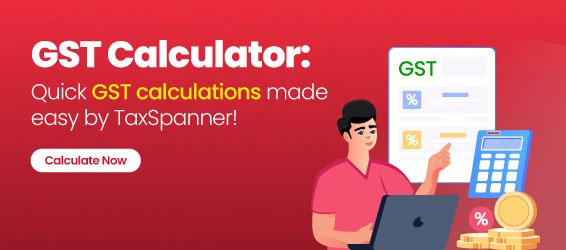Navigating E-Way Bills: Understanding Validity, Extensions, and Compliance
In the realm of GST compliance, the e-way bill system plays a pivotal role in regulating the transportation of goods across India. Designed to develop transparency and reduce tax evasion, the e-way bill is mandatory for transporting goods exceeding Rs. 50,000 in a single invoice, bill, or delivery challan. However, unforeseen disruptions during transit, such as vehicle breakdowns, can complicate matters. So, how does one manage such situations? Let’s explore the intricacies of e-way bill validity, time limits for e-way bill generation, and extensions.
E-Way Bill Validity: Understanding the Timeline
The validity of an e-way bill hinges on two factors: the type of transport and the distance between the source and destination. Calculating the pin-to-pin distance is critical to determine the appropriate validity period. Businesses can estimate this either manually or through the free tool provided by the e-way bill portal. Here’s how the system assigns validity:
| Nature of Conveyance | Distance | |
|---|---|---|
| Over Dimensional Cargo (ODC) | 1 day for up to 20 km; +1 day per 20 km | |
| Other than Over Dimensional Cargo | 1 day for up to 200 km; +1 day per 200 km |
For instance, transporting goods from Ahmedabad to Bangalore would require calculating the e-way bill distance to ensure compliance with the e-way bill time limit.
Generating an E-Way Bill: Time Limits to Keep in Mind
The e-way bill comprises two essential parts:
Part A
Includes details like GSTIN, delivery location, invoice number, HSN code, and goods value.
Part B
Captures transporter details such as vehicle number and transporter ID.
Filling out Part B is mandatory to activate the e-way bill validity. Businesses must make sure this process is completed within 180 days from the invoice date. Delays can lead to penalties, disrupting shipments and incurring compliance risks.
Example:
Supplier A in Ahmedabad sells goods worth Rs. 51,000 to Recipient B in Bangalore on July 5, 2024. If Supplier A fills out Part A but leaves Part B for Recipient B, the latter must complete Part B by January 1, 2025. Failing to do so would render the e-way bill invalid, leading to potential fines.
Handling Disruptions: Extension of E-Way Bills
Life isn’t always predictable. Factors like natural disasters, bad weather, or vehicle breakdowns can hinder timely delivery. Fortunately, the e-way bill system allows for extensions. Here’s how it works:
- Extensions can be initiated 8 hours before expiry or 8 hours after expiry.
- Validity can be extended for up to 360 days from the original EWB generation date.
For instance, if a truck transporting goods breaks down midway, the consignor or transporter can request an extension of the e-way bill for a specific period, ensuring seamless transit without penalties.
Compliance Risks: The Cost of Expired E-Way Bills
An expired or invalid e-way bill can result in severe consequences:
- Penalty of Rs. 10,000 or tax sought to be evaded, whichever is higher.
- Goods and vehicles may be detained or seized, causing delays and legal issues.
To mitigate these risks, businesses must proactively monitor the time limit for extension of e-way bills and manage their e-way bill cancellation time limit effectively.
Best Practices for E-Way Bill Management
Automate Distance Calculations
Use the official e-way bill portal for accurate pin-to-pin distance.
Monitor Validity Periods
Stay vigilant about the e-way bill distance and time limits to avoid lapses.
Plan for Extensions
In cases of unforeseen delays, promptly request an extension of the EWB for a specific time.
Partner with Experts
Collaborating with compliance partners like TaxSpanner confirms efficient management of e-way bill timelines, reducing operational risks.
In conclusion, the e-way bill system is a cornerstone of GST compliance, streamlining goods transportation while curbing tax evasion. However, its complexities demand meticulous attention to detail. From understanding e-way bill validity to navigating time limits for e-way bill generation and extensions, staying informed is key. By implementing robust systems and leveraging expert assistance, businesses can make sure smooth operations, avoid penalties, and maintain compliance with GST laws. With TaxSpanner by your side, managing e-way bills becomes a hassle-free experience.
Explore TaxSpanner's wide range of calculators for your tax planning and calculations!
View Tools & Calculators




